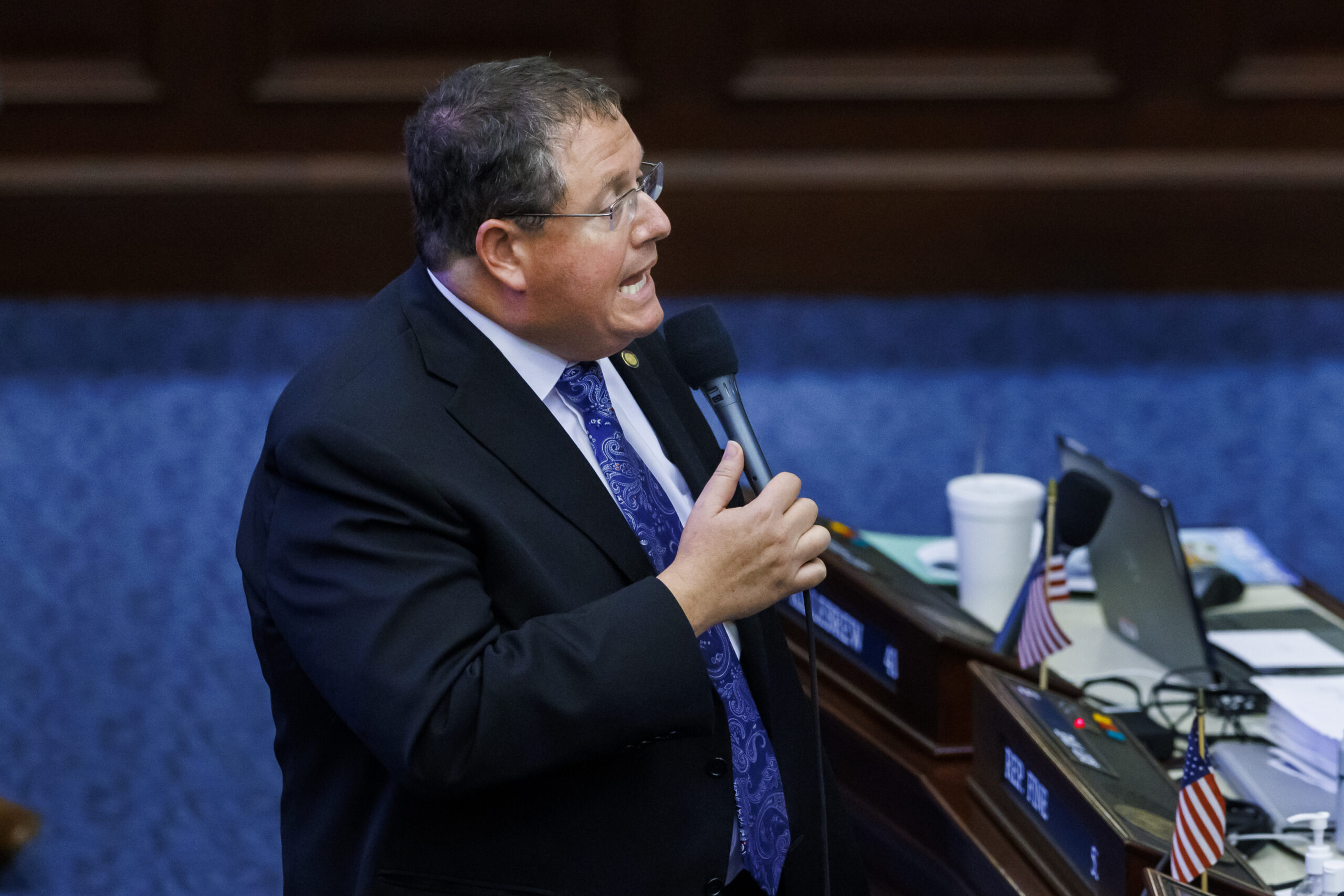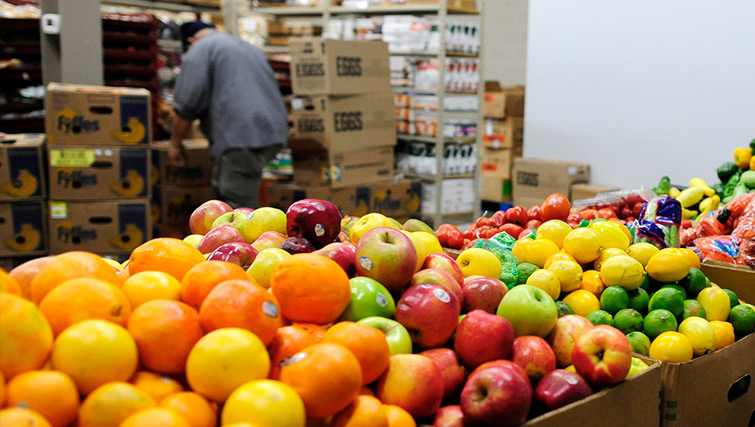Florida’s food banks could be set to feast on additional funding courtesy of the Senate’s proposed budget.
Senate appropriators are offering $38 million to set up a grant program for charities that produce fresh food products in Florida. Another $12 million would fund grants to expand the state’s food banks.
“Florida’s farmers, growers, and ranchers produce hundreds of different commodities every year. Fresh from Florida is more than just a slogan – it’s a way of life for those who feed our state and nation,” said Senate President Ben Albritton, a Wauchula Republican, in a release highlighting the allocation. “No matter how prosperous our state is, unexpected and unplanned things happen that can cause food insecurity for families.
“I don’t want any Floridian, especially children, to go to bed hungry every night, not knowing where their next meal will come from. That’s not something I’m willing to live with. Florida does a lot to help struggling folks back onto their feet and food is a part of that effort. We’re running to this fight to connect hungry families across our state with Florida farmers who produce fresh, wholesome food. This is a much-needed hand-up for families and farmers across our state. As I travel the state, attacking food insecurity unites Floridians like nothing else can. Food matters.”
The Senate’s proposed budget begins the process that will likely run until near the end of the 60-day Session. Alongside Wednesday’s announcement on food bank funding, the Senate is also offering $200 million to aid the state’s citrus industry.
The Florida Department of Agriculture and Consumer Services (FDACS) would administer the $38 million as part of a competitive grant program to promote food grown or produced in Florida.
To be eligible, recipients must submit monthly reports to FDACS detailing “the amount of food purchased by commodity type, purchase location, purchase date, delivery date, and distribution location,” per a Wednesday release summarizing the budget allocations.
Wednesday’s Fiscal Year 2025-26 budget proposal comes from the Senate Appropriations Committee on Agriculture, Environment and General Government, which Senate President Pro Tempore Jason Brodeur chairs.
“Food insecurity is without a doubt a real problem that some families in our state face,” Brodeur said in a statement.
“This funding will help expand food bank and pantry infrastructure to make fresh, healthy food available to families in need. I can’t think of a more conservative, more compassionate way to help these struggling families. This funding will be a win for Florida families and a win for Florida agriculture.”
The $12 million pool of money would be part of a joint effort between FDACS and Feeding Florida to better serve areas in need, with an emphasis on rural communities.
“The funds may be used to equip new locations, expand distribution routes, purchase transportation equipment, or provide necessary training to onboard pantry staff,” Wednesday’s release said.
When asked, Robin Safley, the Executive Director of Feeding Florida, said, “We applaud the Commissioner Simpson, the Senate President, Senator Brodeur and House leadership for recognizing the importance of food security and the role it plays in keeping Floridians healthy —especially when that fresh food comes from our state’s own bountiful harvests.”
Feeding Florida is the association representing Florida’s nine largest foodbanks which work closely with the Florida agriculture community and local farmers to bring Florida-grown food from the fields and into to the hands of those in need. Additionally, the networks work closely with Hope Florida and the Florida Department of Commerce to help families get job training and other resources they need to thrive.
“Florida’s farmers have a deep connection to our state and its people, going back in many cases for generations. Rain or shine, they are responsible for putting food on grocery shelves across the state and are our first and best line of defense against food insecurity,” said Agriculture Commissioner Wilton Simpson.
“Expanding our food bank infrastructure will help connect more families across Florida with fresh, healthy, seasonal crops and produce grown right here in the Sunshine State.”
Post Views: 0

 Entertainment8 years ago
Entertainment8 years ago
 Politics8 years ago
Politics8 years ago
 Entertainment8 years ago
Entertainment8 years ago
 Entertainment8 years ago
Entertainment8 years ago
 Tech8 years ago
Tech8 years ago
 Tech8 years ago
Tech8 years ago
 Politics8 years ago
Politics8 years ago
 Tech8 years ago
Tech8 years ago












